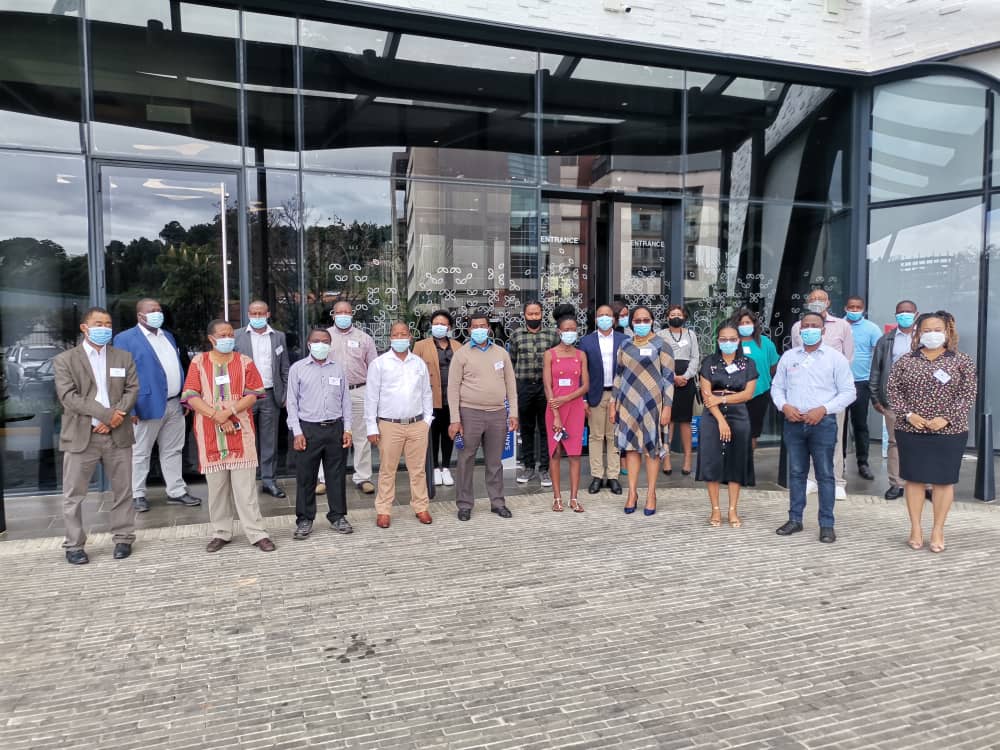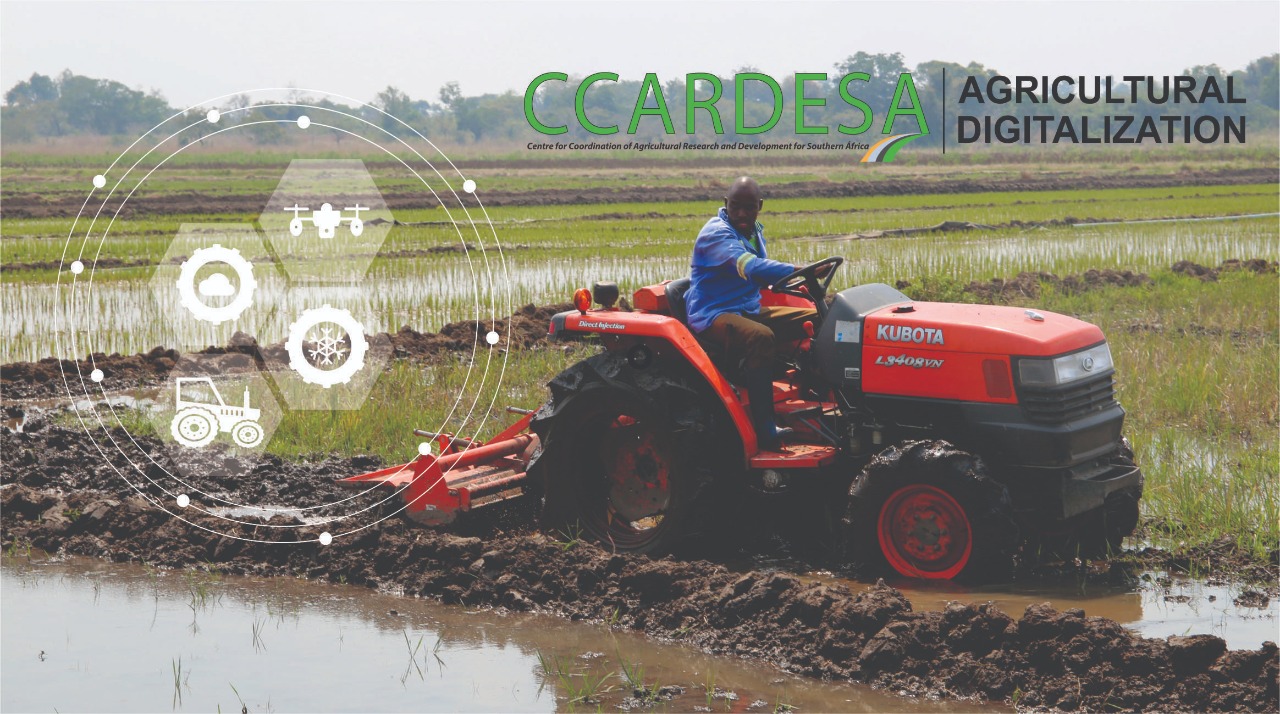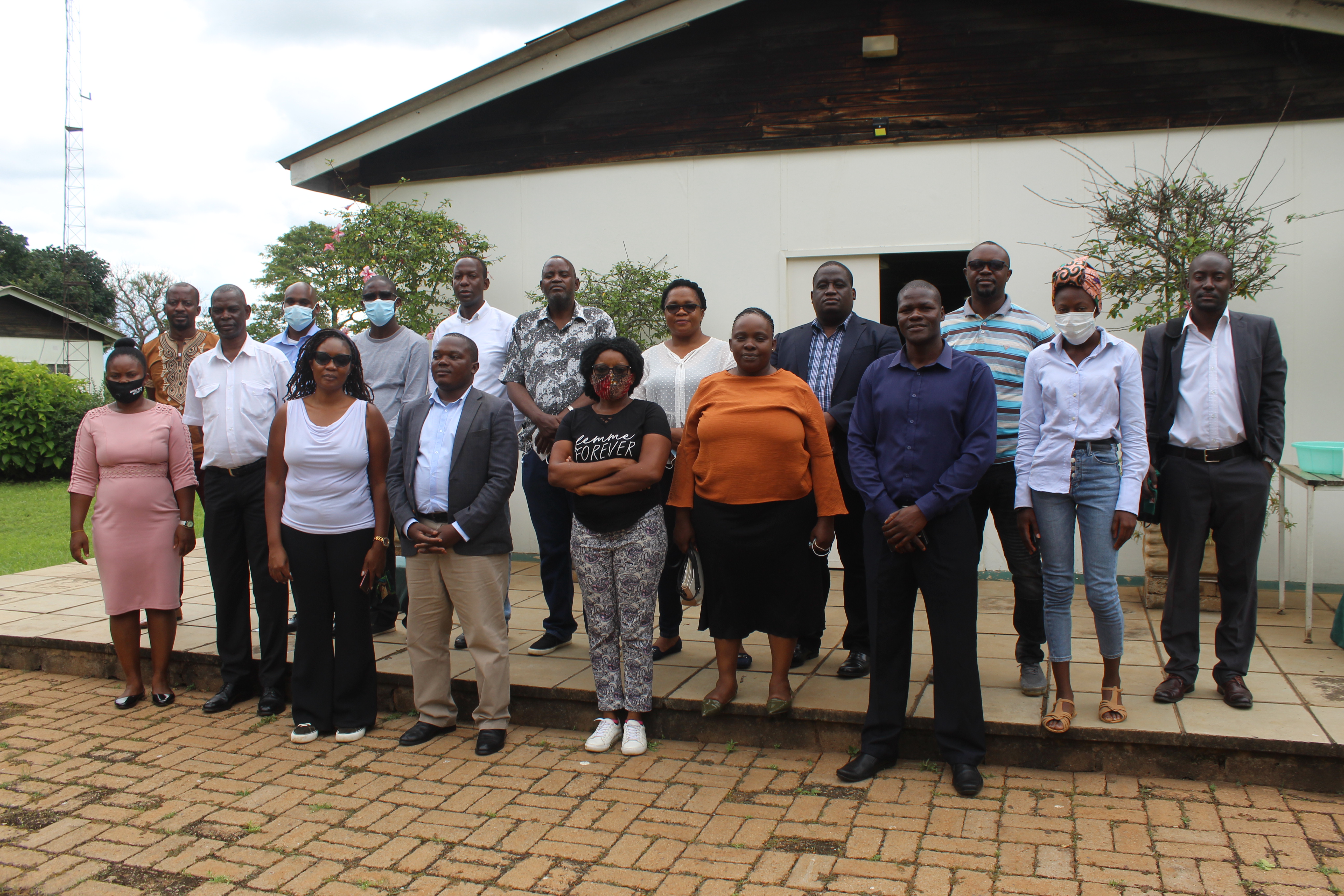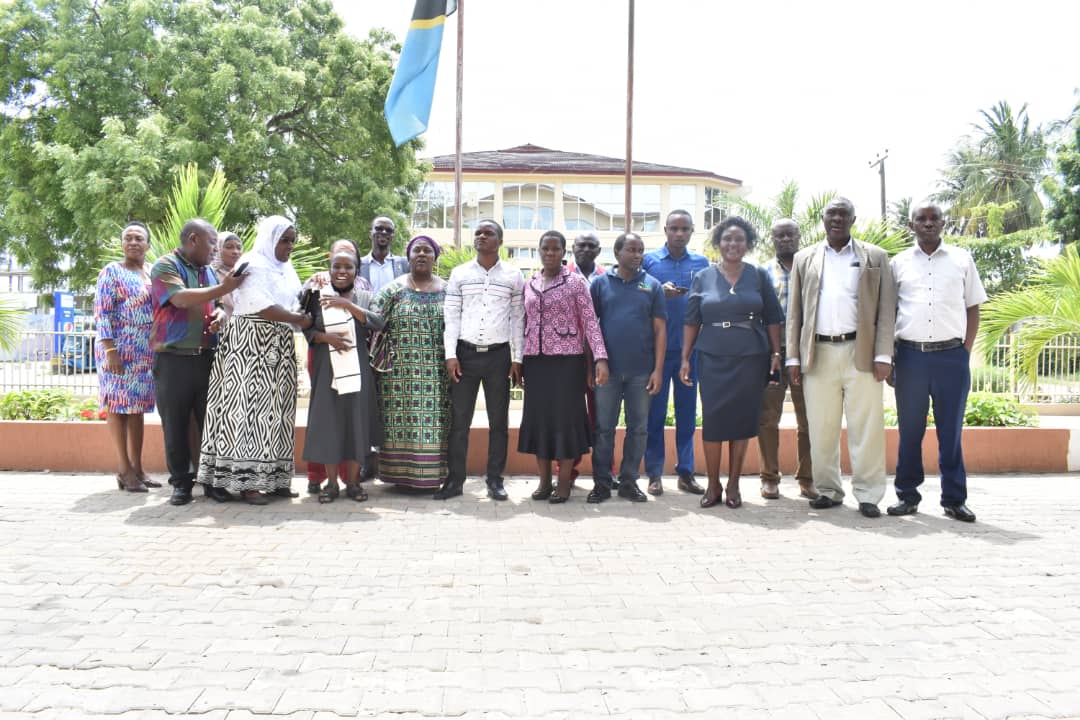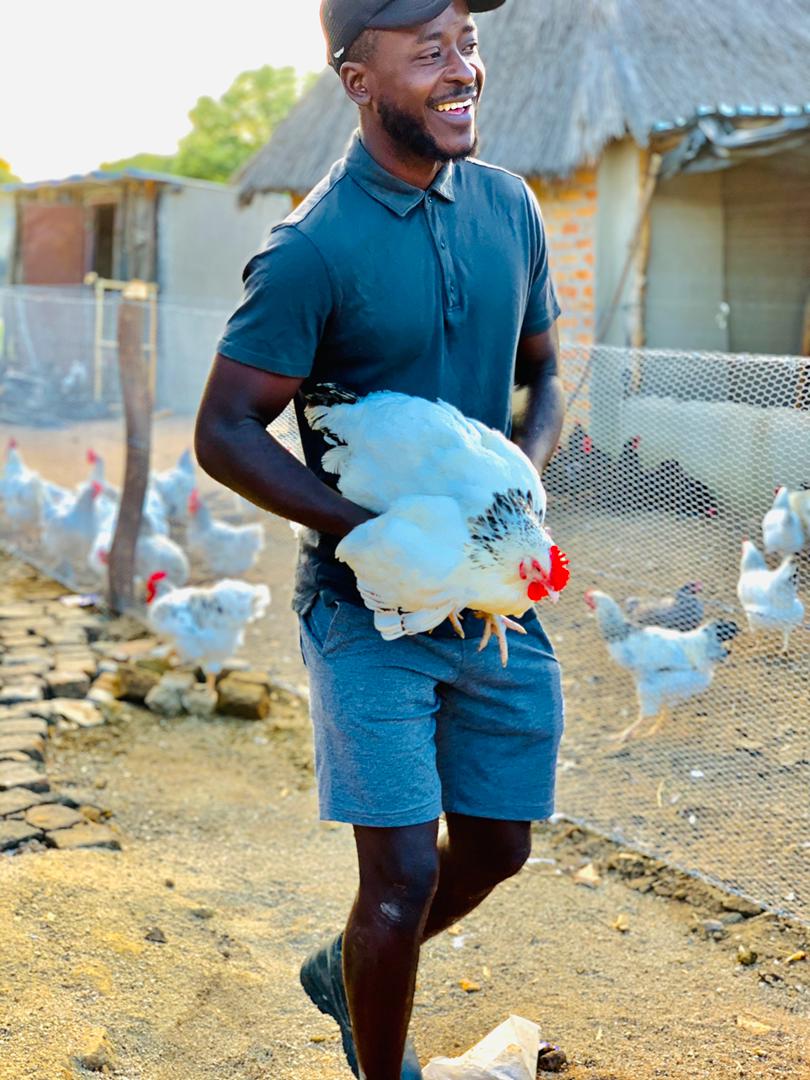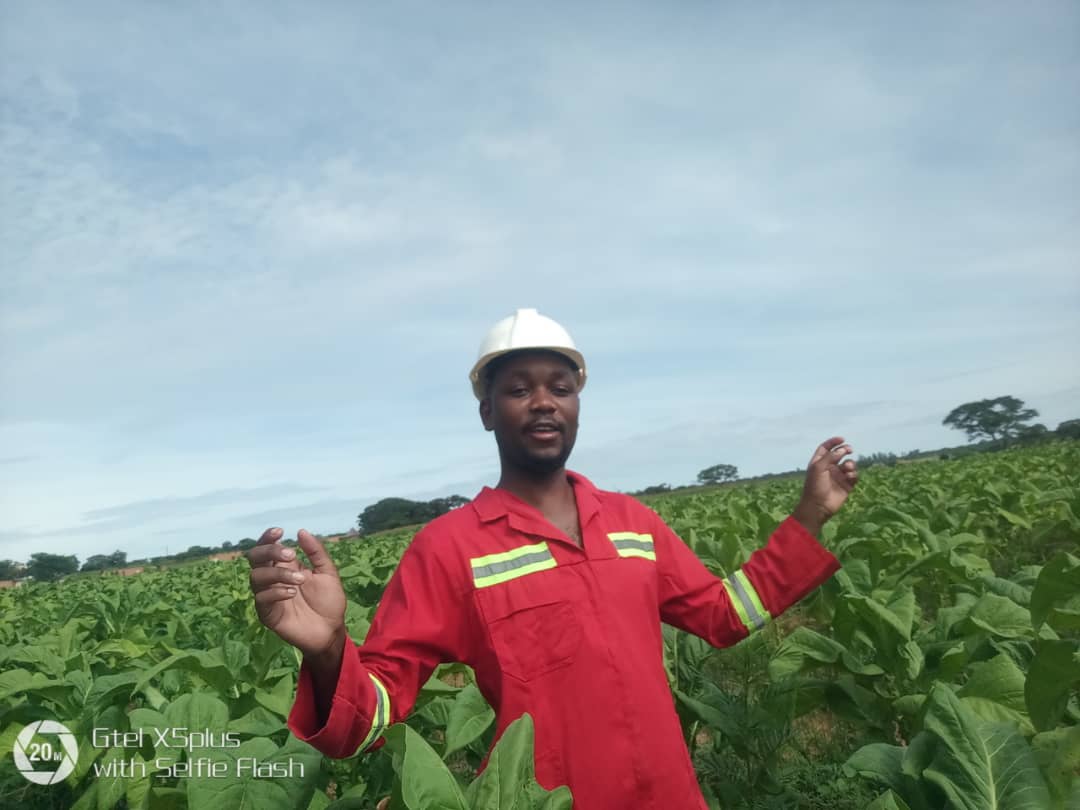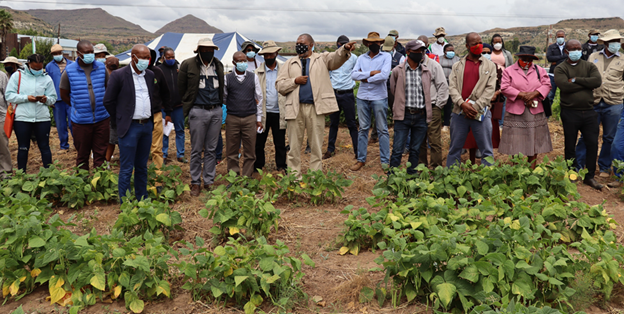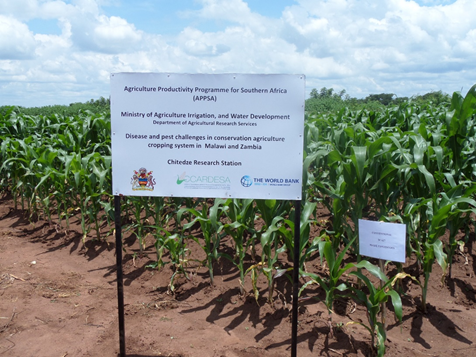Co-authors
Sietz, D., Ordoñez, JC., Kok, MTJ., Janssen, P., Hilderink, HBM., Tittonell, P. and Van Dijk, H.
Description/Abstract
Food production is key to achieving food security in the drylands of sub-Saharan Africa. Since agricultural productivity is limited, however, due to inherent agro-ecological constraints and land degradation, sustainable agricultural intensification has been widely discussed as an opportunity for improving food security and reducing vulnerability. Yet vulnerability determinants are distributed heterogeneously in the drylands of sub-Saharan Africa and sustainable intensification cannot be achieved everywhere in cost-effective and efficient ways. To better understand the heterogeneity of farming systems’ vulnerability in order to support decision making at regional scales, we present archetypes, i.e. socio-ecological patterns, of farming systems’ vulnerability in the drylands of sub-Saharan Africa and reveal their nestedness. We quantitatively indicated the most relevant farming systems’ properties at a sub-national resolution. These factors included water availability, agro-ecological potential, erosion sensitivity, population pressure, urbanisation, remoteness, governance, income and undernourishment. Cluster analysis revealed eight broad archetypes of vulnerability across all drylands of sub-Saharan Africa. The broad archetype representing better governance and highest remoteness in extremely dry and resource-constrained regions encompassed the largest area share (19%), mainly indicated in western Africa. Moreover, six nested archetypes were identified within those regions with better agropotential and prevalent agricultural livelihoods. Among these patterns, the nested archetype depicting regions with highest erosion sensitivity, severe undernourishment and lower agropotential represented the largest population (30%) and area (28%) share, mainly found in the Sahel region. The nested archetype indicating medium undernourishment, better governance and lowest erosion sensitivity showed particular potential for sustainable agricultural intensification, mainly in western and some parts of southeastern and eastern Africa. Insights into the nestedness of archetypes allowed a more differentiated discussion of vulnerability and sustainable intensification opportunities, enhancing the evaluation of key interlinkages between land management and food security. The archetypes may support the transfer of successful intensification strategies based on similarities among the drylands in sub-Saharan Africa.
Keywords
Archetype, transferability, pattern, nestedness, socio-ecological system, sustainable intensification, dryland


